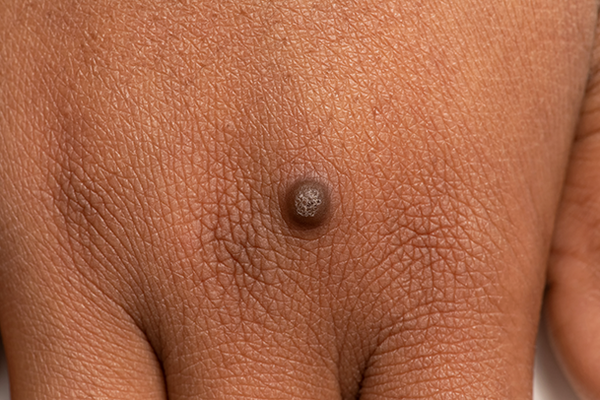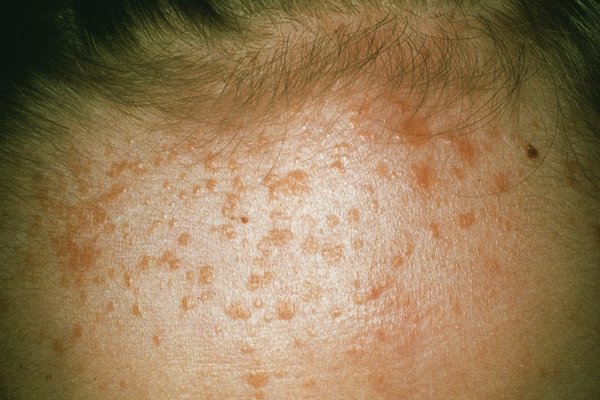|
Warts and verrucas Warts and verrucas are small lumps on the skin that most people have at some point in their life. They usually go away on their own but may take months or even years.   Warts do not cause you any harm, but some people find them itchy, painful or embarrassing. Verrucas are more likely to be painful – like standing on a needle. You can treat warts if they bother you, keep coming back or are painful. You can buy creams, plasters and sprays from pharmacies to treat warts and verrucas. These treatments can take up to 3 months to complete, may irritate your skin and do not always work. You should not use these treatments on your face. Your pharmacist can give you advice about the best treatment for you. See a GP if:
Genital warts can be treated at a sexual health or GUM clinic. Find your nearest sexual health service Treatment from a GP A GP may be able to freeze a wart or verruca so it falls off a few weeks later. Sometimes it takes a few sessions. Check with the GP if the NHS pays for this treatment in your area. If treatment has not worked or you have a wart on your face, the GP might refer you to a skin specialist. Other treatments include minor surgery and treatment with laser or light. Warts and verrucas are caused by a virus. They can be spread to other people from contaminated surfaces or through close skin contact. You're more likely to spread a wart or verruca if your skin is wet or damaged. It can take months for a wart or verruca to appear after contact with the virus. Do
Don't
 BestCareCompare | ||||||
| Find Pharmacies near you.. Find local Pharmacies and filter for personalised care. Check ratings and review scores to help make the best choice for you... |
| Find Great Pharmacies... |
|
|
Pharmacies near Blairingone Perth and Kinross (See Full List) |




